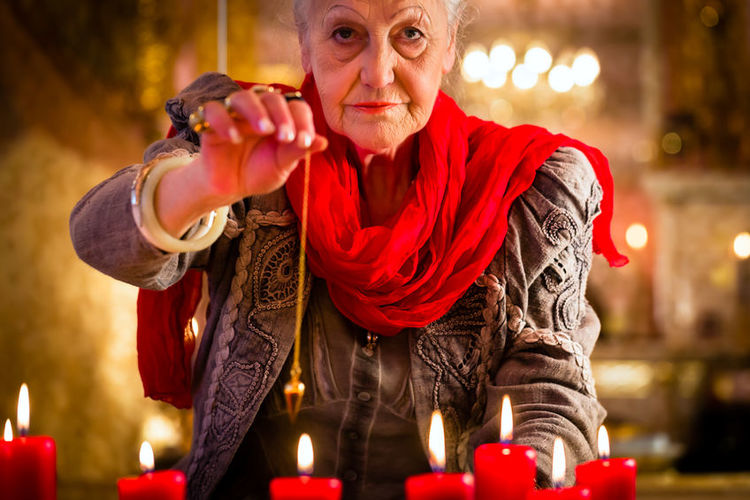This fact may shock you, but those who act and participate in theatre tend to be a bit… dramatic. Their propensity for showmanship can extend off the stage in the form of closely-held superstitions and beliefs in curses.
Considering how many things can go wrong during a play, taking precautions — no matter how supernatural the reasons for them — can also be said to be measure of prudence. So, to keep your children or fellow actors safe, here are some historic superstitions that are still considered quite taboo to this day:
Improper Props
Bringing certain items on-stage is said to be bad luck. These include:
● Peacock feathers
● Real money
● Real Bibles
● Real as opposed to costume jewelry
Receiving a gift of flowers before a show is similarly considered bad luck; they should be given after the performance is over.
Haunted Theatres
Tales such as The Phantom of the Opera illustrate the dramatic community’s obsession with the idea that their theatre could be haunted. The first spectral occupant was said to be the ancient Greek Thespis, the very first actor to utter words in front of an audience. Thespis, who provides the root for the word “thespian,” is suspected to haunt many theatres, causing mischief and being a particular nuisance on November 23.
Some theatres have particular ghosts, such as Radio City Music Hall, New Amsterdam Theatre and the Palace Theatre on Broadway. New Amsterdam Theatre even makes accommodations for its ghost — the former vaudeville and Ziegfeld Follies actress Olive Thomas. Two portraits are hung of her and building workers greet her with “Hi, Olive!” when they enter the building and part with “Bye, Olive!” when they leave.
A single “ghost light” is always left lit on center stage, no matter what, in order to give the ghosts reign to move about during the night. The theatre is also supposed to be left completely empty for one night a week to let ghosts have a moment to themselves, usually a Monday.
Don’t Say Good Luck!
It may seem counterintuitive, but wishing a performer good luck usually brings exactly the opposite. In most English-speaking countries, the accepted alternative is “break a leg!” Mel Brooks even took the time to write a whole song about it in his musical version of the Producers. Many theories surround the origin of both the “good luck” curse and the preferred alternative, but no one can really say for sure at this point.
It’s “The Scottish Play”
The play Macbeth is said to be the most cursed production ever. Tales abound of awful tragedies befalling the actors, the production crew or the production itself. Reasons for Macbeth being supposedly cursed range from the fury of real life witches at portrayed in the play to the fact that it has more swordfights than most other Shakespearean performances, which led to a higher likelihood of accidents.
In order to avoid invoking the curse, no one is supposed to utter the actual name of the play. Not saying the name supposedly tricks the spirits, bad energies or what-have-you into not knowing what play is actually going on. The Simpsons illustrates perfectly what can happen when you say “Macbeth” at the expense of poor Sir Ian McKellen.
Therefore, instead of saying Macbeth, people are supposed to refer to it as “The Scottish Play” in reference to its setting. Anyone who says the name “Macbeth” either in the theatre or before the production can perform a ritual to clear the air of the curse. They must exit the building, spin three times, spit, curse and then knock before someone can safely let them back in.
The colorful world of theatre is surrounded by such rituals and traditions. Your child can become immersed in the history and learn about what it means to be a member of the theatrical community. Visit our summer camps page to learn more, and we promise these will not have ghosts!

